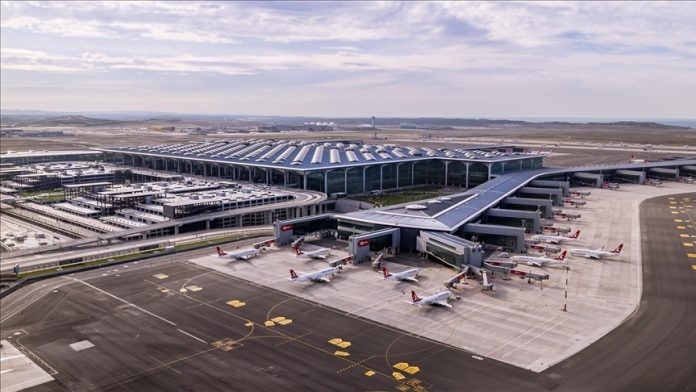Istanbul Airport has overtaken Frankfurt Airport to become Europe’s busiest air cargo hub, marking a significant shift in the continent’s logistics landscape, according to the German Aviation Association (BDL). The association attributed Frankfurt’s decline to rising ground handling costs and excessive bureaucracy, warning that these factors are weakening Germany’s competitiveness in global aviation.
In 2024, global air cargo volumes increased by 6%, but Frankfurt’s growth was limited to just 1.2%. In contrast, Istanbul Airport posted a 39.6% surge in cargo traffic, surpassing Frankfurt for the first time. The BDL noted that freight movement is increasingly shifting to nearby countries offering lower operational costs and quicker handling processes, making it more difficult for German hubs such as Frankfurt and Cologne/Bonn to remain competitive.
In response, the association announced a five-point action plan urging the federal government to act swiftly. The plan calls for reducing state-imposed ground costs, streamlining administrative processes through digital implementation of EU aviation safety standards, allowing more flexible work hours at air cargo centers, enforcing EU customs rules uniformly across member states, and simplifying import VAT collection.
The BDL emphasized that air transport is growing more rapidly worldwide than at German hubs and projected that Germany’s cargo growth in 2025 will once again remain at 1.2%. Without urgent reforms, they warned, German airports could continue to lose market share to more efficient and cost-effective rivals across Europe.
















